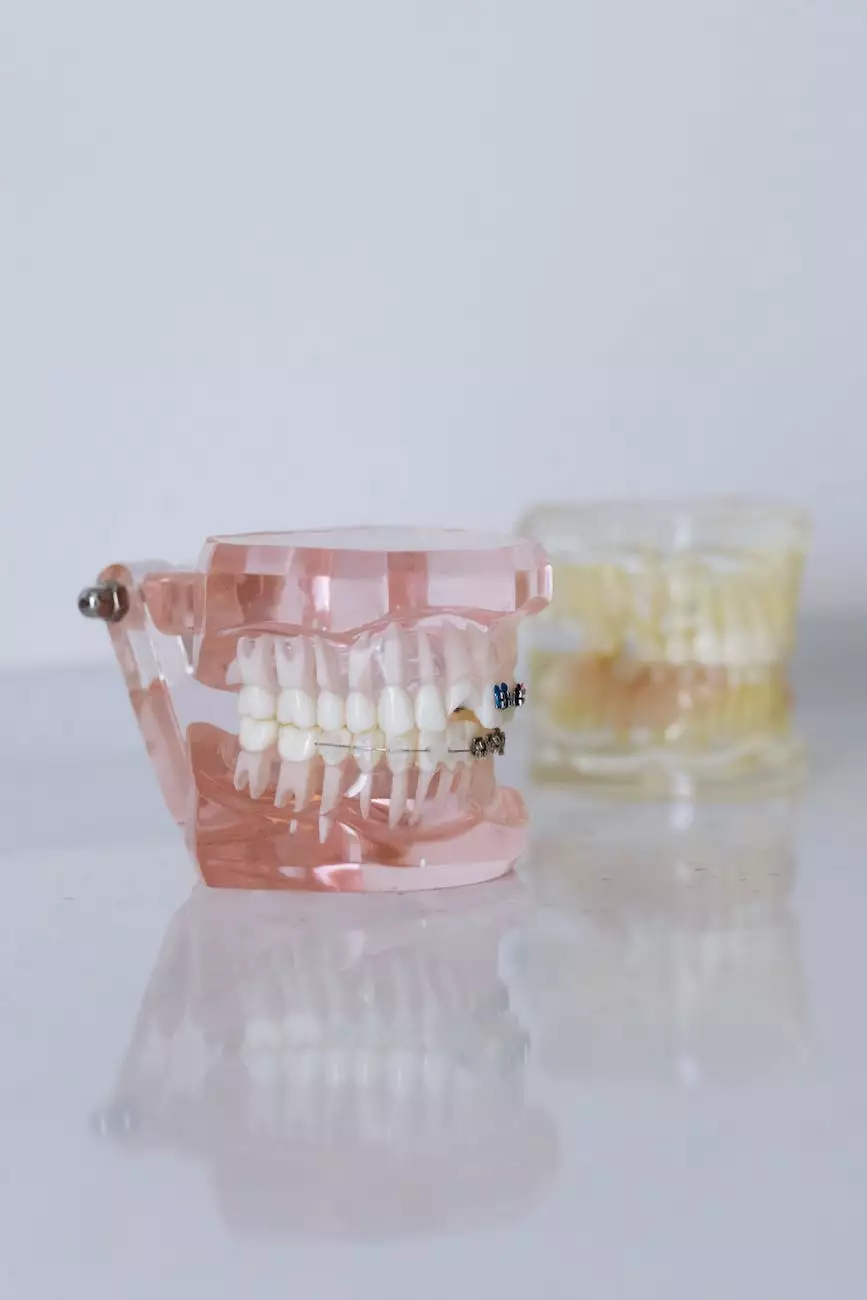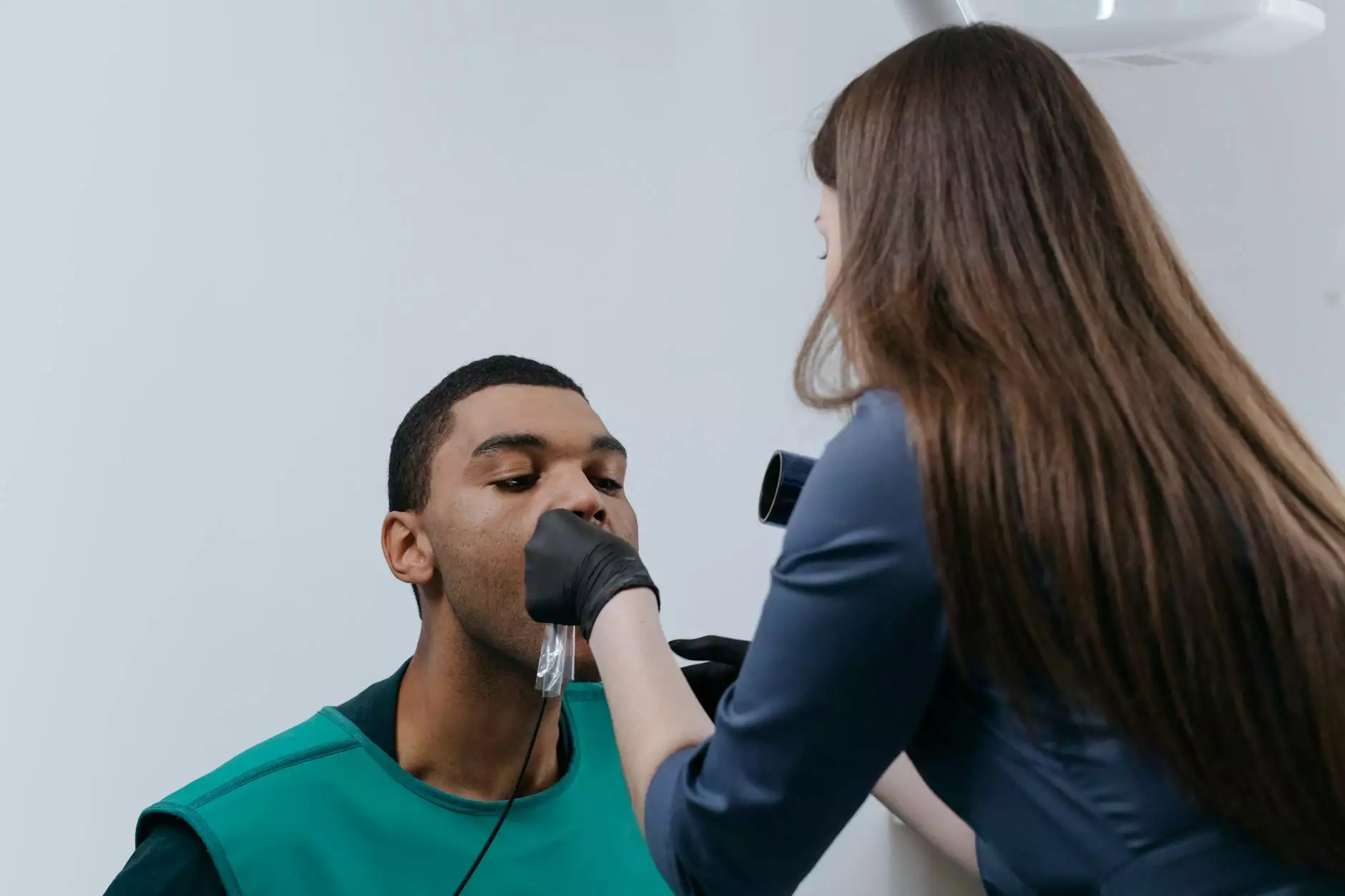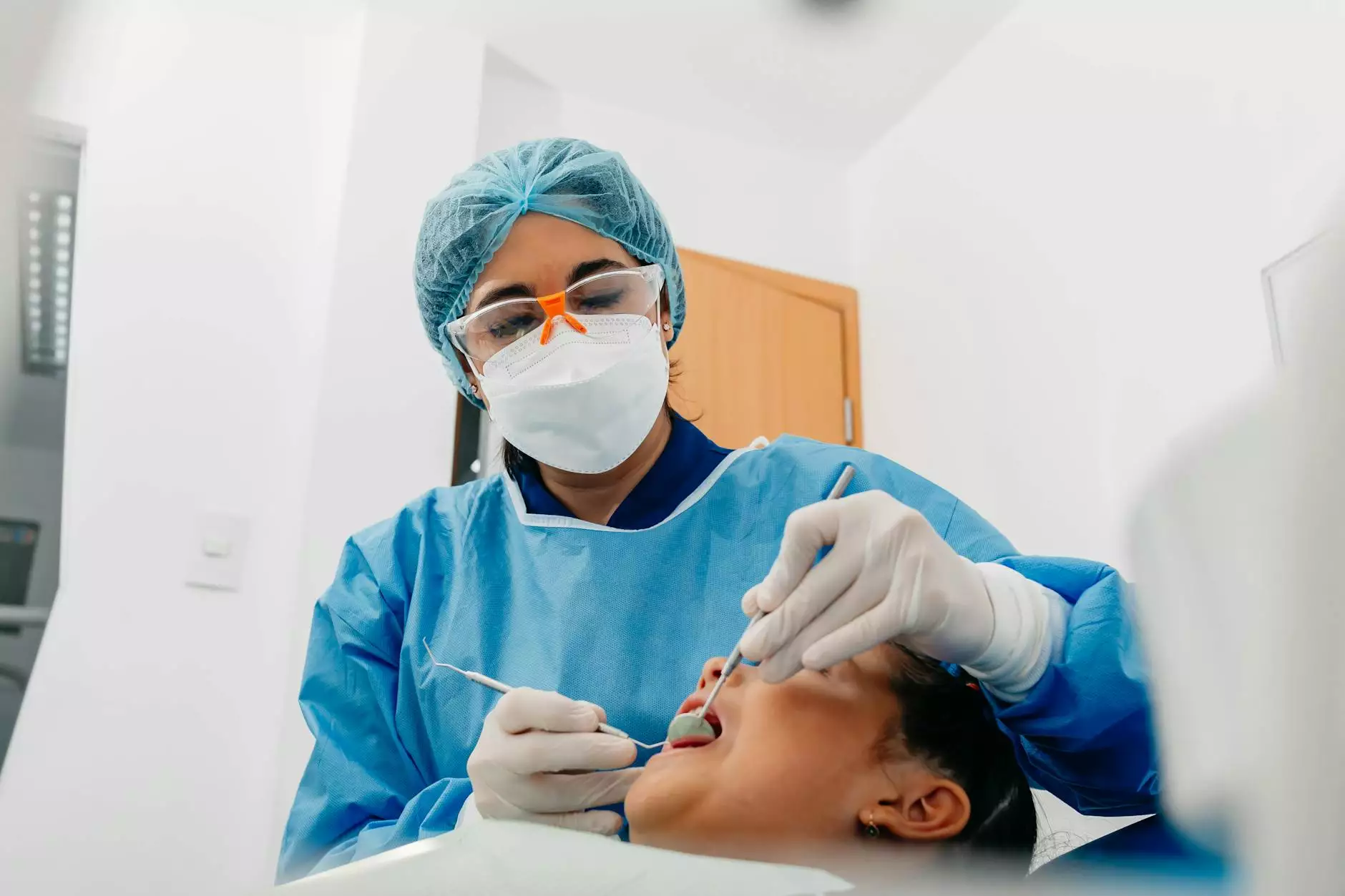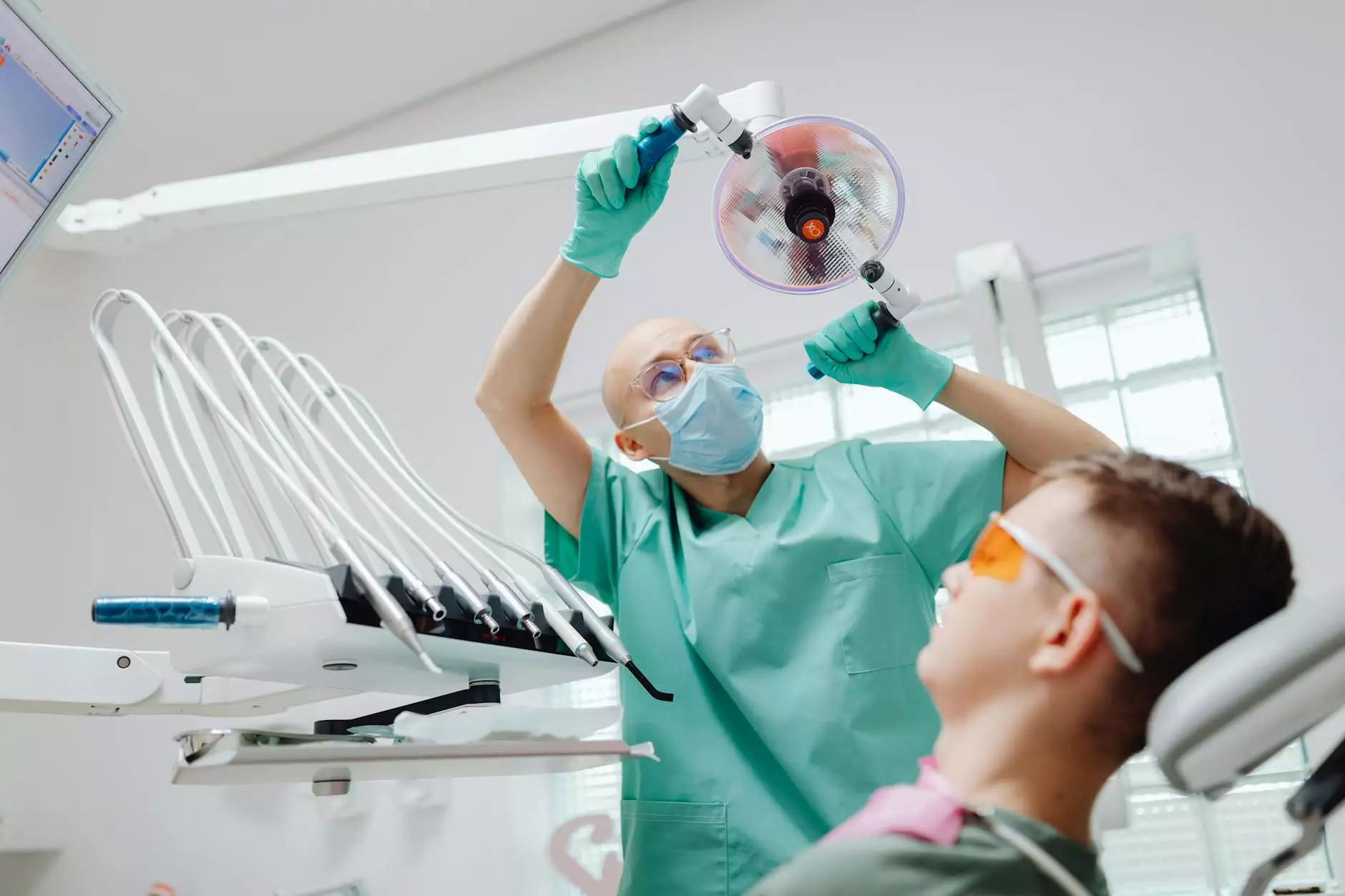Is an Electric Toothbrush Better Than a Manual One?
Oral Health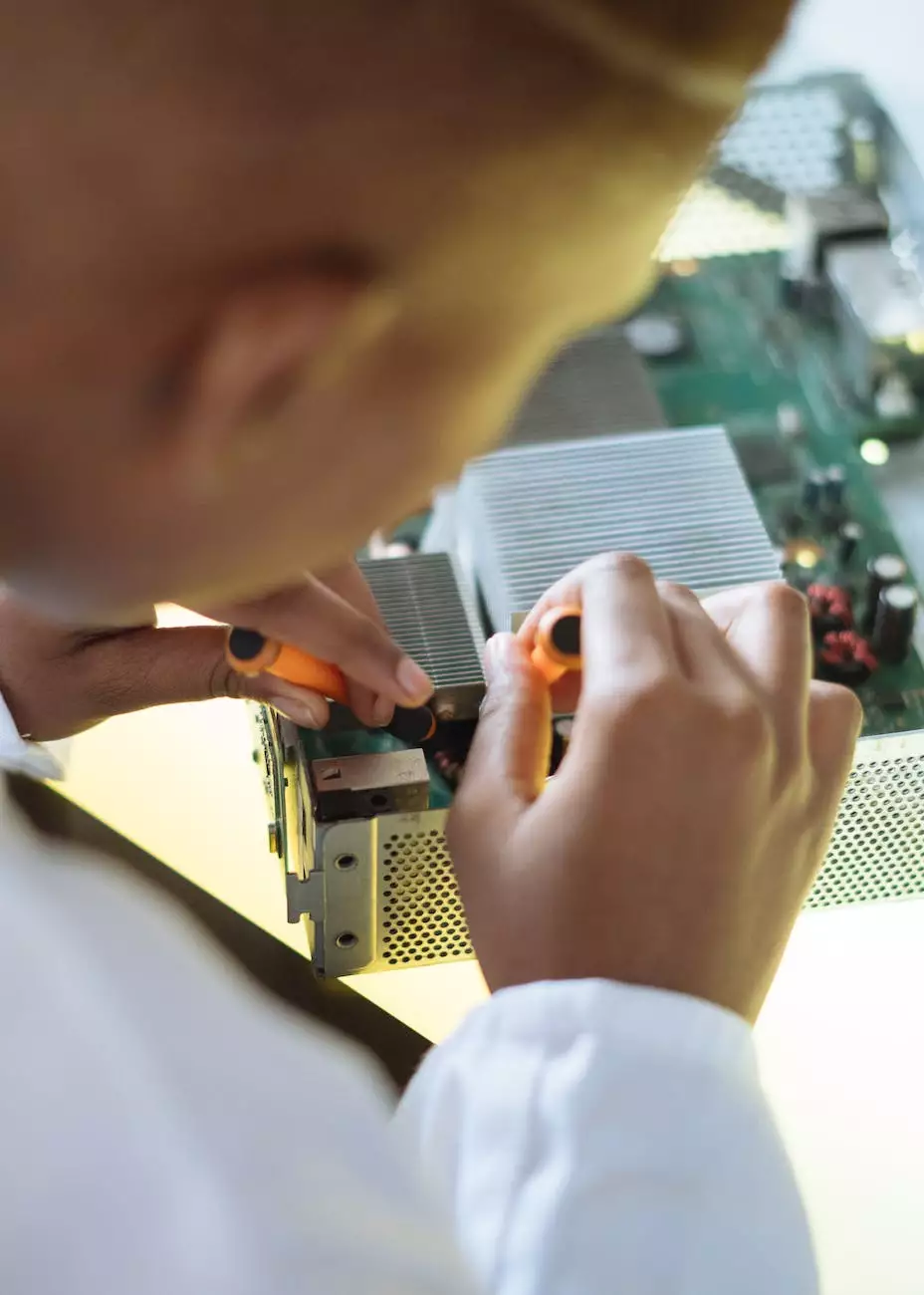
Introduction
Welcome to Marvin Blumentritt, DMD - Troy Dental, your trusted source for comprehensive dental services in the health category. In this article, we will explore the differences and benefits of using an electric toothbrush versus a manual toothbrush.
The Basics: Manual Toothbrushes
Manual toothbrushes have been around for centuries and are the traditional way of brushing teeth. They consist of a handle and bristles, which come in various shapes, sizes, and bristle stiffness. Many people are familiar with manual toothbrushes and have been using them their whole lives.
Using a manual toothbrush requires proper technique, including brushing all tooth surfaces, gums, and the tongue. It is important to brush for at least two minutes, twice a day, with gentle pressure and circular motions to effectively remove plaque and food particles.
The Rise of Electric Toothbrushes
In recent years, electric toothbrushes have gained popularity due to their advanced features and benefits. Electric toothbrushes use a battery-powered motor to create rapid, oscillating, or rotating movements to clean teeth. The bristle movement is more vigorous and can cover more surface area than manual brushing alone.
Advantages of Electric Toothbrushes
- Efficiency: Electric toothbrushes provide a more thorough and efficient cleaning, as they can generate thousands of brush movements per minute. This can help remove plaque more effectively and potentially reduce the risk of gum disease and tooth decay.
- Built-in Timers: Many electric toothbrushes feature built-in timers that ensure you brush for the recommended two minutes. This helps maintain consistent brushing time and improves oral hygiene habits.
- Pressure Sensors: Some electric toothbrushes have pressure sensors that alert you if you're applying too much pressure while brushing. This can prevent gum damage and recession caused by aggressive brushing.
- Optimal Brushing Technique: Electric toothbrushes often come with specialized brush heads designed to reach and clean hard-to-reach areas, such as between teeth and along the gumline. This can improve overall oral hygiene and reduce the risk of plaque buildup.
- Convenience: An electric toothbrush does most of the work for you, making it a great option for individuals with limited dexterity or those who prefer a more effortless brushing experience.
Considerations for Manual Toothbrushes
While electric toothbrushes offer several advantages, it's essential to note that manual toothbrushes can still be effective when used correctly. The key is to ensure proper brushing technique and consistency.
Making the Decision: Which Is Better?
The effectiveness of toothbrushes ultimately depends on individual preferences and needs. For some individuals, manual toothbrushes may be sufficient, as they can effectively remove plaque with proper technique.
On the other hand, electric toothbrushes can be a valuable addition to oral hygiene routines. They offer benefits in terms of efficiency, technology, and convenience, making them a preferred choice for many.
It's important to discuss your oral health needs and preferences with your dentist. They can provide personalized recommendations based on your specific circumstances and help you make an informed decision.
Conclusion
In conclusion, both electric and manual toothbrushes can maintain optimal oral health when used correctly. Manual toothbrushes require proper technique and consistency, while electric toothbrushes offer added features and efficiency.
At Marvin Blumentritt, DMD - Troy Dental, we prioritize your oral health and provide expert advice tailored to your needs. Contact us today to schedule a consultation and discuss the best toothbrush for your unique oral care routine.



